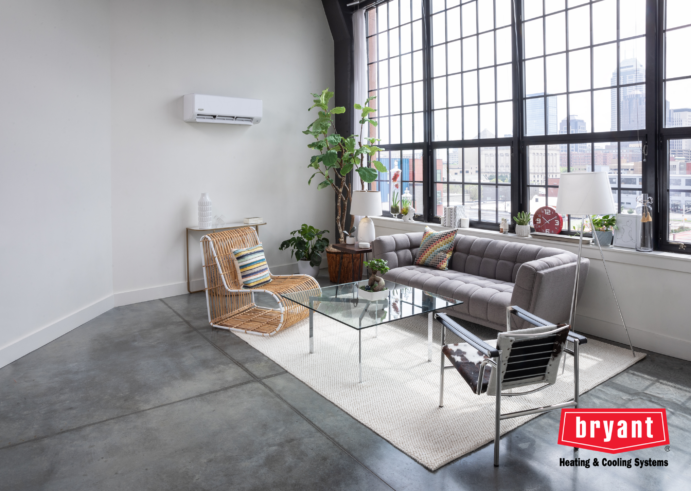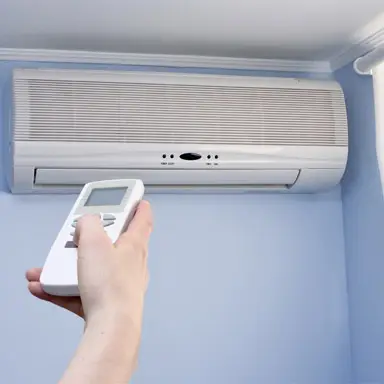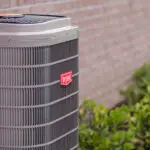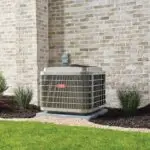
What is the difference between a mini split system and a conventional furnace? Best mini-split 2024
Mini split system
A conventional furnace is a central heating system that uses a single unit to heat the entire building. It is typically connected to a ductwork system that distributes the heated air throughout the building.
A mini-split heat pump system on the other hand, is a type of ductless heating and cooling system. It consists of an outdoor unit and one or more indoor units that are connected by a conduit that carries refrigerant. Unlike a conventional furnace, a mini-split system does not require ductwork.
Advantages of mini-split systems over conventional furnaces include:
- Energy Efficiency: Mini-split systems are often more energy-efficient than conventional furnaces, as they allow for precise temperature control in each room.
- Ductless Design: Mini-split systems do not require ductwork, which can reduce the amount of space required for installation and make them a good option for homes without existing ductwork.
- Improved Indoor Air Quality: Mini-split systems can improve indoor air quality by reducing the amount of dust and allergens that circulate in the air.
- Zoning: Mini-split systems allow for zoning, which means that you can control the temperature in different parts of your home independently.
- Quiet Operation: Mini-split systems are generally quieter than conventional furnaces, making them a good option for bedrooms or other quiet spaces.

Whether a mini split air conditioner is suitable for your home depends on several factors, including:
- Space: Mini split A C system are designed to cool individual rooms, so you’ll need one unit for each room you want to cool.
- Existing Ductwork: Mini split air conditioners do not require ductwork, so they can be a good option if your home does not have existing ductwork.
- Climate: If you live in an area with extreme temperatures, you may need a more powerful air conditioning system to keep your home comfortable.
- Home Size: ductless mini-split ac system conditioners are designed for smaller spaces, so if you have a large home, you may need a central air conditioning system.
- Budget: Mini split air conditioners can be more expensive to install than central air conditioning systems, so if you’re on a tight budget, you may want to consider a different option.
It’s always best to consult with a licensed HVAC professional to determine the best air conditioning solution for your specific needs and budget. They can assess your home, evaluate your cooling requirements, and recommend the best system for your needs.






Recent Comments